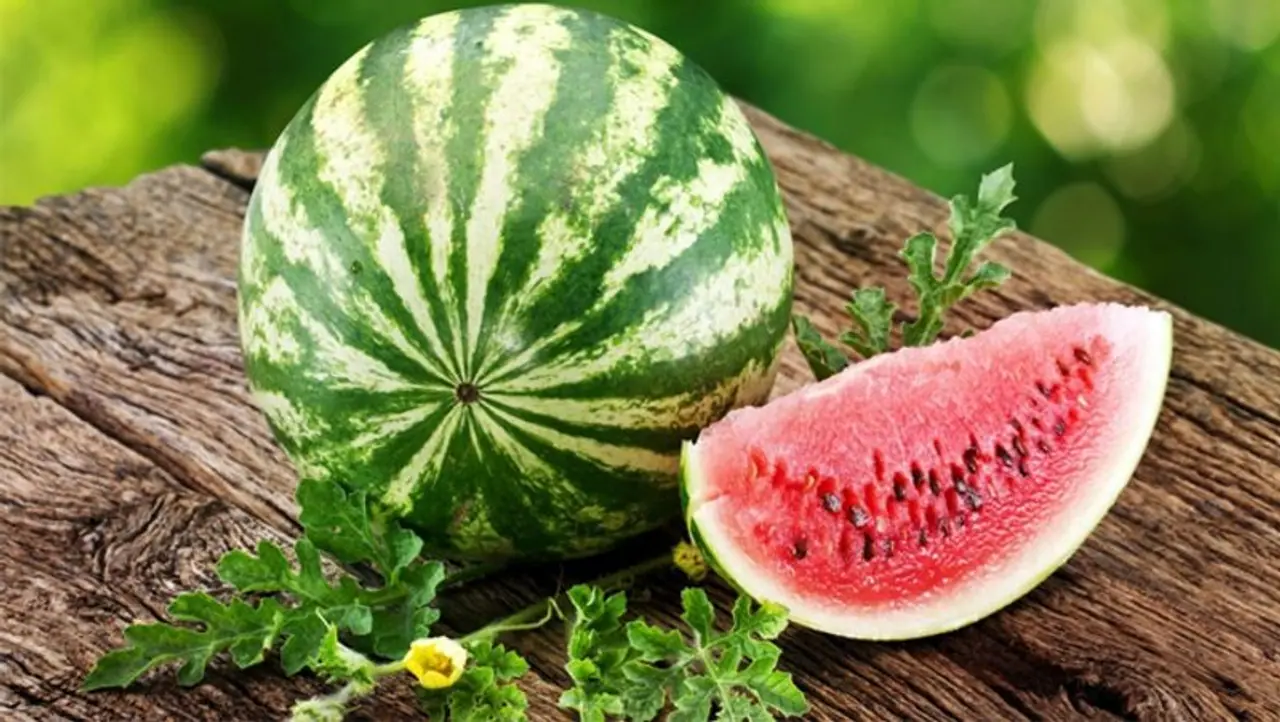Too much of anything is bad: Side-effects of eating too much watermelon
Eating watermelon is not bad, but excess of anything can be unhealthy, even if it is as healthy as eating a watermelon. A moderate amount of the fruit will ensure a healthy and hydrated you.

This delicious fruit contains 92% water and belongs to the cucurbitaceous family. It isn't just tasty, it is a powerhouse of health and beauty benefits.

An excellent source of vitamin A, B6 and C, watermelon contains potassium and beneficial plant chemicals like lycopene and citrulline. It is an amazing fruit for weight loss due to its fibre content. All said, consuming too much watermelon is said to have many side-effects.
Despite its numerous benefits, consuming too much watermelon can harm to your body. We list some side effects of eating watermelon in large quantities.
Diarrhoea and other digestive problems: An excellent source of water, watermelon is an equally great source of dietary fibre. However, eating large quantities may cause digestive problems like diarrhoea, bloating, flatulence, gas, etc. This fruit contains sorbitol, a sugar compound, which is known to encourage watery stools and gastrict problems. Also the lycopene content, which is a pigmented antioxidant that gives the watermelon its bright colour is known to create such health issues.
Rise glucose levels: A diabetic may increase blood sugar levels if they loading up on, too, much watermelon. This healthy fruit has a high glycaemic index (72), which doesn't do good.
Liver inflammation: People who consumealcohol on a regular basis should avoid eating large quantities of watermelon because the high level of lycopene may react with alcohol, and cause liver inflammation. Also, excessive oxidative stress on the liver can be harmful.
Overhydration or water intoxication: Excess water in your body causes water intoxication or overhydration, which leads to loss of sodium content. Too much of watermelon will increase the water level in the body. The problem arises when excess water is not discharged, and leads increase in blood volume, which further causes swelling in the legs, exhaustion, weak kidneys. It may also lead to loss of sodium levels in the body.
Cardiovascular problems: A great source of potassium, watermelon is known to be a vital nutrient having numerous roles in keeping our body healthy. The potassium maintains electrolytic function, keeps the heart healthy and strengthens the bones and muscles. However, too much potassium is also not good as it can rise cardiovascular problems like irregular heartbeat, weak pulse rate, etc.